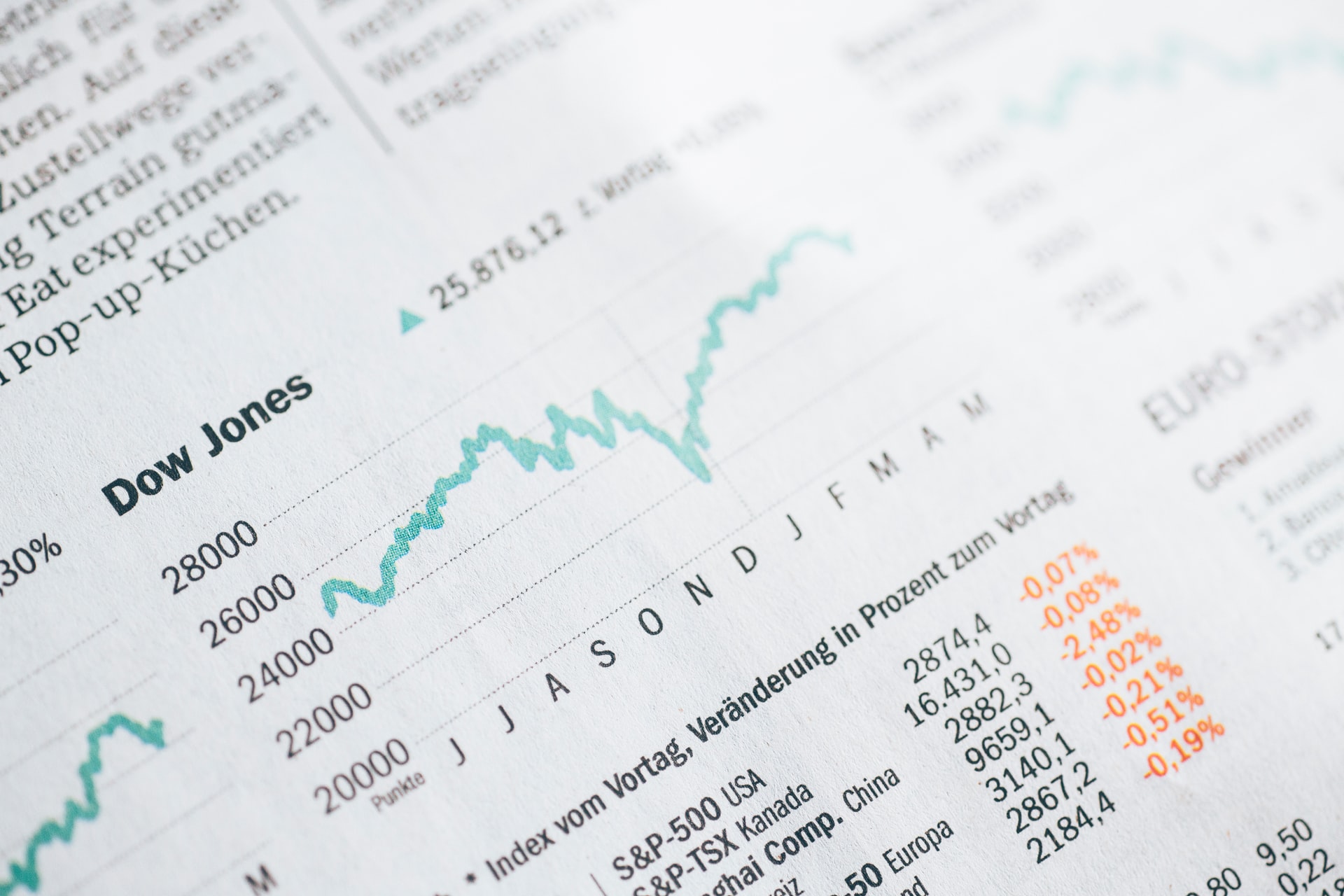There’s no doubt that when there are more questions than answers a feeling of uncertainty can build. Due to the recent global outbreak of COVID-19, many in the real estate industry are wondering when this economic crash will end and what to expect moving forward.
While the coronavirus is sure to continue to bring some disruption to the real estate industry, we don’t believe it will stop it completely. Although it hasn’t been officially declared that we have hit a recession, in residential real estate there will always be a need to buy and sell. So despite the escalating concerns about the spread of COVID-19, the real estate business might have to push the pause, better yet evolve, but it will never come to a stop.
In fact, there are a few factors that could bring those in the industry a little peace of mind during this uncertain time in our economy.
Low Interest Rates
Let’s face it, low interest rates are something every buyer wants to see. Favorable interest rates tend to make residential real estate financing more affordable. As someone whose work relies on the real estate industry to be successful, it’s important to know that not everyone is in a terrible situation during this pandemic.
For some, there is job stability and those buyers are taking advantage of purchasing homes with these historically low interest rates. “Mortgage rates (week of April 5) dropped to the lowest level ever in the Mortgage Bankers Association’s weekly survey,” says Megan Henney of FOXBusiness, “causing a surge in applications to refinance a home Total mortgage application volume increased 7.3 percent last week from the previous week, according to the seasonally adjusted index published by the MBA.”
Additionally, low interest rates in the country also mean that it is a great time to refinance if you are a real estate investor or home owner because you can benefit from lower rates.
More Buying?
Residential real estate in the U.S. appears to offer that stability to foreign investors, especially single-family rental homes. Foreign investors, many from the UK, are investing in USA properties. Why? One word: Brexit. “While we have now left the EU with a deal that puts a transition period in place until the end of the year following the Conservative win in December’s general election,” says Cathy Hudson of LoveProperty.com’s Investing Division, “having no trade deal with the EU at the end of this will still have a dramatic effect as it will be harder and more expensive to sell goods and services in Europe. The UK also needs to set up deals with the other countries it previously had arrangements with as part of the EU.”
This means many investors are quickly moving their funds into hard assets, like real estate, in stable areas such as the U.S. Continues Hudson, “Uncertainty and hesitation have had the biggest impact on the health of the housing market since the EU referendum in 2016…”
Another positive for the US housing market is that foreign investors aren’t even needing (or able to due to travel and mandatory quarantine restrictions) see homes in person and are simply buying property site unseen.
New Home Inventory
One of the biggest issues affecting our local market in Florida is not enough (affordable) inventory for the demand in housing needs. However, according to Greg Ugalde, chairman of the National Association of Home Building, “Low interest rates and a healthy labor market combined with a need for additional inventory is setting the stage for further home building gains in 2020.” Additionally, NAHB’s Chief Economist Robert Dietz, said “With the Federal Reserve on pause and attractive mortgage rates, the steady rise in single-family construction that began last spring will continue into 2020.”
This doesn’t mean that builders won’t run into some trouble. Unfortunately, builders continue to struggle with a shortage of lots, labor and building inventory and materials that are coming from China. This is making buyers frustrated, but they aren’t walking away…
As an investor, low inventory means that you are in a good position to still receive multiple offers on your property, so believe it or not, you may want to take advantage of this new demand. Which again, leads us back to that peace of mind: homes are still selling.
Selling
While activity has surely decreased, agents are still showing homes virtually (see our MasterKey webinar with NYC agents and how they have developed their business in one of the hardest-hit regions from COVID-19) and homes are still going under contract. What real estate agents are focusing on now is making sure their current listings don’t linger. Agents are focusing on pricing these homes appropriately so they don’t sit on the market for too long. So, homes are still selling. It’s just a bit harder.
Prices Should Stay the Same
Zillow recently conducted a study on housing during previous pandemics and concluded that while home sales dropped dramatically during an outbreak, home prices stayed about the same or suffered a slight decrease. While the economy is not expected to rebound quickly once this pandemic is over, the real estate industry is expected to rebound quickly. This is good news for those in the real estate industry…a light at the end of the tunnel. (Source: Zillow)
Conclusion
While there is still so much uncertainty, we still want you to know that things could be much, much worse. Like we’ve said, the real estate industry is still sitting pretty nicely compared to others, and even so, is expected to pick up right where it left off once all of this is over. For now, try to see the good in this situation and continue to work hard. We are in this together!



